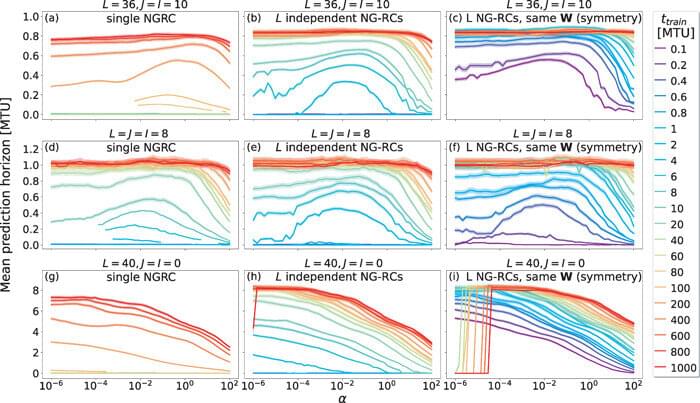The past may be a fixed and immutable point, but with the help of machine learning, the future can at times be more easily divined.
Using a new type of machine learning method called next generation reservoir computing, researchers at The Ohio State University have recently found a new way to predict the behavior of spatiotemporal chaotic systems—such as changes in Earth’s weather—that are particularly complex for scientists to forecast.
The study, published today in the journal Chaos: An Interdisciplinary Journal of Nonlinear Science, utilizes a new and highly efficient algorithm that, when combined with next generation reservoir computing, can learn spatiotemporal chaotic systems in a fraction of the time of other machine learning algorithms.
